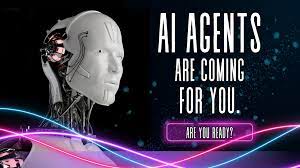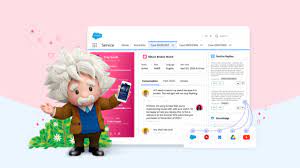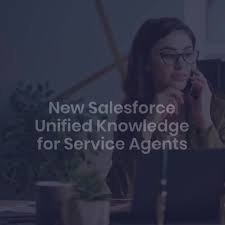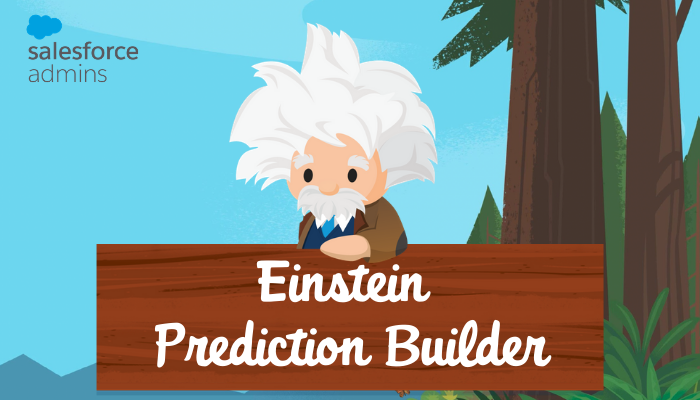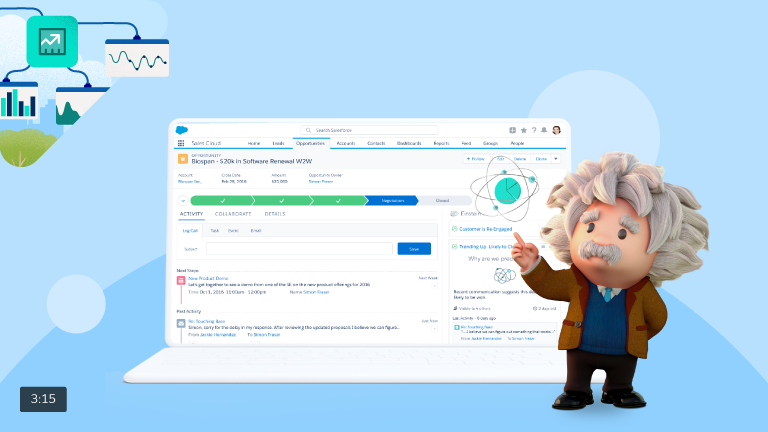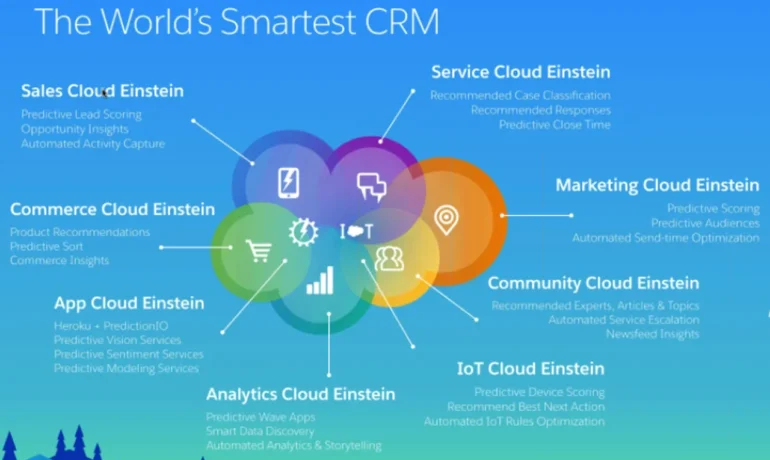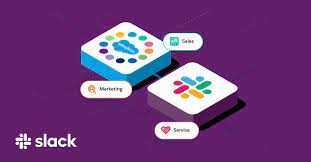Rise of AI Agents
The Rise of AI Agents in Enterprise Automation Rise of AI Agents… It sound a bit like a B grade satire movie. But its not satire or scary. AI Agents, powered by large language models (LLMs), represent a groundbreaking paradigm shift in software. Unlike previous automation technologies, AI agents can reason, collaborate, and act in ways similar to human behavior. This new era of Enterprise AI Agents marks a significant evolution from traditional Robotic Process Automation (RPA), expanding the scope from simple task-level automation to enhancing complex knowledge work. RPA stands for Robotic Process Automation, which uses software bots to automate digital tasks and streamline processes. RPA can help reduce costs and improve efficiency. There are three main types of RPA: attended, unattended, and hybrid From RPA to AI Agents: A Strategic Shift A decade after the emergence of RPA, the enterprise landscape is poised for another transformation with intelligent AI agents. These agents are not merely incremental improvements but a revolutionary technology requiring new skills and tools. They transcend the limitations of RPA, moving beyond rule-based automation to dynamic, context-aware operations. Transitioning from RPA to AI agents is a strategic initiative necessitating executive sponsorship. This shift also offers automation leaders and Centers of Excellence (CoEs) the chance to reimagine their roles as strategic enablers within the enterprise. The Evolution of Enterprise Automation Automating Tasks: RPA RPA gained popularity in the mid-2010s through companies like UiPath, leveraging record-and-playback style UI automation. Despite early skepticism about its fragility, RPA established itself as a cornerstone of low-code business applications. Automating Processes: Intelligent Automation (IA) IA extends beyond RPA by incorporating techniques like API automation and OCR. It signals a shift from point-and-click automation to process automation, often blending coding with low-code tools. However, IA remains rule-based, suitable for structured processes. Automating Work: Intelligent AI Agents AI agents introduce a new agentic planning and execution workflow. They natively understand unstructured data and processes, making them ideal for tasks described in natural language rather than rigid rules. AI agents can self-correct and seek human feedback, enhancing resilience compared to pre-programmed bots. Strategic Applications of AI Agents AI agents expand the possibilities of enterprise automation. While RPA remains effective for repetitive, structured tasks, AI agents bring new capabilities to areas requiring flexible reasoning and decision-making. Tactical Automation AI agents can augment existing RPA workflows, addressing tasks that precede or follow RPA routines. This initial integration helps expand automation’s reach within the enterprise. Standard Decisions in Standard Contexts For work involving standard decisions within platforms like ServiceNow or Salesforce, AI and automation solutions from these vendors are beneficial. These platforms continue to innovate, enhancing their data and process capabilities. Strategic Core Business Workflows The most significant impact of AI agents lies in complex, custom-context tasks central to the enterprise’s operations. Here, built-for-purpose enterprise AI agents can drive substantial value, allowing human workers to focus on more strategic activities. Implementing AI Agents: Steps to Get Started The Urgency of Adopting AI Agents The rapid pace of AI advancements necessitates immediate action. Traditional strategies that plan for future technology must pivot to embrace AI today. Forward-looking companies are already reaping significant benefits from AI, and delaying adaptation risks losing competitive advantage. AI agents are not just the next step in automation; they are a transformative technology redefining enterprise workflows. By acting now, businesses can harness AI agents’ full potential, driving innovation and maintaining relevance in an ever-evolving market. Like Related Posts Salesforce OEM AppExchange Expanding its reach beyond CRM, Salesforce.com has launched a new service called AppExchange OEM Edition, aimed at non-CRM service providers. Read more The Salesforce Story In Marc Benioff’s own words How did salesforce.com grow from a start up in a rented apartment into the world’s Read more Salesforce Jigsaw Salesforce.com, a prominent figure in cloud computing, has finalized a deal to acquire Jigsaw, a wiki-style business contact database, for Read more Service Cloud with AI-Driven Intelligence Salesforce Enhances Service Cloud with AI-Driven Intelligence Engine Data science and analytics are rapidly becoming standard features in enterprise applications, Read more

